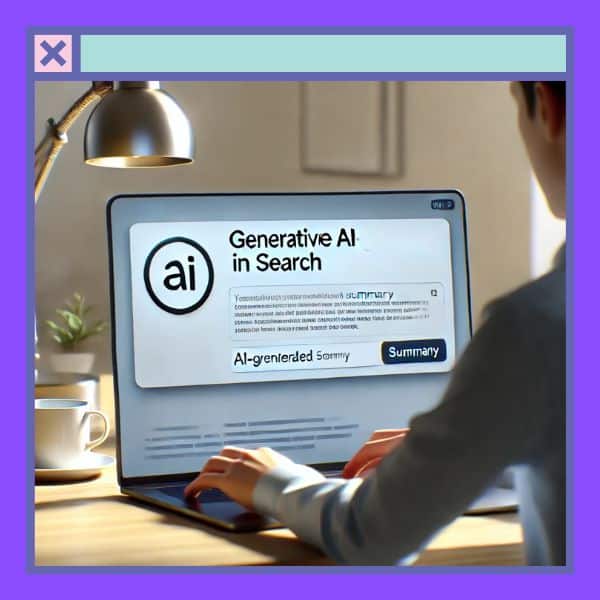Generative Artificial Intelligence (AI) is reshaping the landscape of search engines, transitioning from traditional keyword-based retrieval systems to sophisticated platforms capable of understanding and generating human-like language. This evolution enhances user experience by providing more accurate, context-rich, and personalized search results.
Understanding Generative AI in Search
Traditional search engines operate by matching user-input keywords with indexed web content, returning a list of relevant links. In contrast, generative AI employs advanced models, such as Large Language Models (LLMs), to comprehend the intent behind user queries and generate nuanced, conversational responses. This approach enables search engines to deliver synthesized information directly, reducing the need for users to sift through multiple sources.
Key Developments in Generative AI Search
- Google’s AI Overviews: Introduced as part of Google’s Search Generative Experience (SGE) in 2023, AI Overviews provide concise, AI-generated summaries at the top of search results. These summaries offer quick insights into queried topics, enhancing the efficiency of information retrieval.
- OpenAI’s SearchGPT: Launched in July 2024, SearchGPT integrates traditional search functionalities with generative AI capabilities, delivering comprehensive answers that include citations to external websites. This development positions OpenAI as a direct competitor in the search engine market.
- Perplexity AI’s Answer Engine: Perplexity AI offers an AI-driven chatbot designed to rival traditional search engines by providing synthesized answers to user queries. However, it has faced challenges regarding content attribution and accuracy, highlighting the complexities of integrating AI into search.
Benefits of Generative AI in Search
- Enhanced Query Understanding: Generative AI improves the interpretation of user intent, allowing for more accurate and contextually relevant responses.
- Personalized Results: By analyzing user behavior and preferences, AI-driven search engines can deliver personalized content, improving user satisfaction.
- Improved User Experience: The conversational nature of generative AI allows for more intuitive interactions, enabling users to obtain information in a more natural and efficient manner.
Challenges and Considerations
Despite its advantages, integrating generative AI into search engines presents several challenges:
- Accuracy and Reliability: AI-generated content can sometimes include errors or “hallucinations,” leading to the dissemination of incorrect information. For instance, Google’s AI Overviews faced criticism for providing erroneous advice, such as suggesting users eat rocks or apply glue to pizza.
- Content Attribution: Ensuring proper attribution to original content creators is crucial to maintain trust and support content ecosystems. Perplexity AI, for example, has been accused of using content without proper attribution.
- Impact on Web Traffic: As AI-generated summaries provide direct answers, users may be less inclined to visit source websites, potentially affecting web traffic and revenue for content publishers.
Future Outlook
The integration of generative AI into search engines signifies a transformative shift in information retrieval. As technology advances, we can anticipate more intuitive, efficient, and personalized search experiences. However, addressing challenges related to accuracy, attribution, and the broader impact on the digital ecosystem will be essential to harness the full potential of generative AI in search.


Leave a Reply
You must be logged in to post a comment.